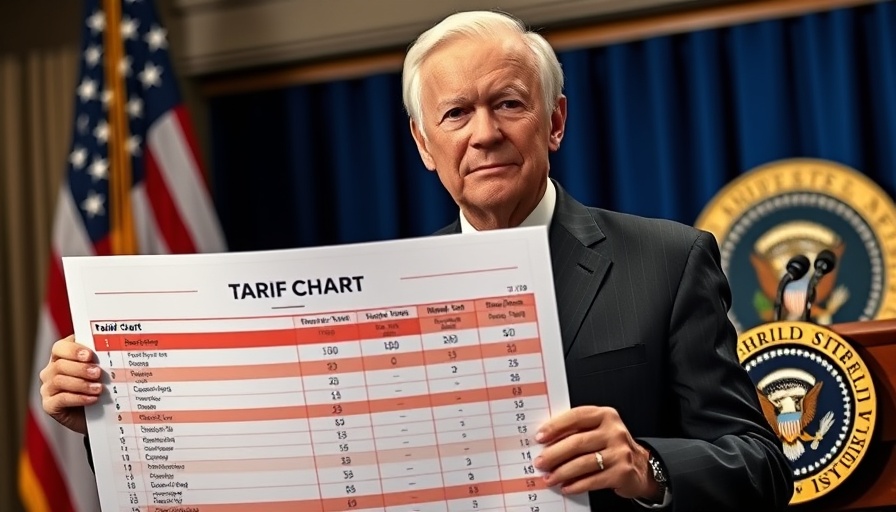
Understanding Recent Police Actions in St. Lucia
Recently, St. Lucia’s police department has been scrutinized over incidents that raised serious questions about human rights within law enforcement. According to Superintendent Troy E. Lamontagne, head of the Department of Road Safety and Traffic Investigations, videos circulating on social media depict police officers behaving in ways that contradict essential police procedures and human rights principles. This revelation has sparked an urgent need for introspection and accountability within the Royal St Lucia Police Force (RSLPF).
Why Police Procedures Matter
The importance of police procedures cannot be overstated. They are designed to protect not just law enforcement officers but also the citizens they serve. A proper adherence to procedure helps ensure that interactions with the public are respectful and maintain human dignity. When police deviate from these guidelines, as pointed out by Superintendent Lamontagne, it highlights an alarming trend that can undermine public trust and safety.
Examining Human Rights in Law Enforcement
Human rights must be integral in law enforcement practices. The fundamental rights to safety, dignity, and privacy should never be compromised, even in the pursuit of law enforcement. As the RSLPF investigates the recent allegations, it will be crucial for them to reflect on how their current practices align with these values. The public's expectation of the police is that their actions uphold human dignity while addressing violations of the law.
The Role of Community and Law Enforcement Collaboration
Community involvement in policing is equally essential. Effective policing is often facilitated through trust and reciprocal respect between law enforcement and the public. Residents of St. Lucia should feel empowered to voice their experiences and opinions regarding police actions. This will not only promote transparency but also create a more conducive environment for law enforcement to operate ethically and effectively.
Future Implications for St. Lucia’s Police Force
The outcome of this ongoing investigation could have significant implications for St. Lucia's approach to policing, potentially leading to reforms that reinforce human rights. Engaging in dialogue about police conduct and dominating practices may pave the way for positive changes. It's essential to understand the broader themes of accountability and community engagement in reshaping law enforcement attitudes.
Call to Action: Demand Transparency and Accountability
The RSLPF’s commitment to uphold human rights must remain at the forefront as they conduct this investigation. Citizens should advocate for transparency and actively participate in community dialogues surrounding law enforcement practices. By doing so, they can help foster an environment where police accountability is prioritized, ultimately leading to reforms that benefit the entire community.
 Add Row
Add Row  Add
Add 




Write A Comment